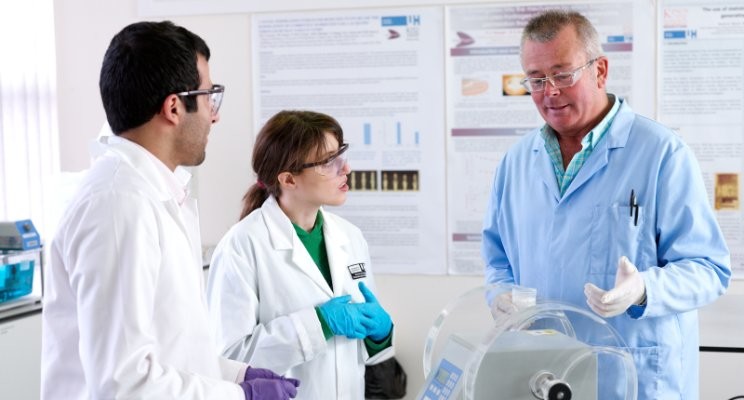Among the 40 GMP drug warning letters issued by FDA in Calendar Year 2015 for data integrity deficiencies, 12 (30%) made note of either a lack of training or the need to include training or re-training in corrective and preventive action (CAPA) improvements. One FDA Form 483 issued to a bioresearch monitoring company noted that “Not all individuals engaged in the conduct of or responsible for the supervision of a nonclinical laboratory study have education, training, and experience, or combination thereof, to enable that individual to perform assigned functions.”
A well-trained staff is highly essential not only to prevent events as noted above, but also to ensure that employees integrate Quality and agency requirements into everyday activities. Training ensures that personnel and processes operate in a state of compliance, personal accountability and control. Training employees is never easy, and there are always ways to improve. Below are questions to help you assess whether your training program is robust and bulletproof:
- Do you have a clear and specific training program procedure? Can you easily access reports generated for each training with the names of trainers and trainees, subjects covered, evaluation sheets, and other important details?
- Are new employees going through thorough training as they enter your company?
- Is there regular employee training? Do you revisit training annually or quarterly?
- Do errors reoccur, even though people have been re-trained to prevent them?
- Has your training program grown with the company? Have we added the needed training resources required to address the increase in new hires, new processes or new product lines?
- Are you examining “near-misses” and using them as teachable moments? Are you conducting post-assessments to identify what knowledge was absorbed, and what gaps may still exist?
- Are you evaluating your training program regularly? Are you evaluating training as you do with other factors such as manufacturing and testing (How can it be improved if it isn’t evaluated)? If asked by an auditor to verify the effectiveness of a training program or ongoing training, do you have evidence that the training is effective? Are you seeing fewer errors or less documentation mistakes? Are you seeing knowledge transfer and appropriate behavior change from the time and money expended for training?
Training is a fundamental method where employees (new and old) learn, understand and accept the culture. Training is where you can communicate the message that, at your company, Quality is not what you must do, but rather what we can do as a team.
At its core, a Voluntary QA culture involves trust, collaboration and ownership among many people and departments. Through your training programs, employees learn how collaboration, communication, and cooperation can build trust and create the proper environment.
How do you evaluate your training? Do you have what you need to ensure effectiveness? What have you done to bulletproof training at your company?
